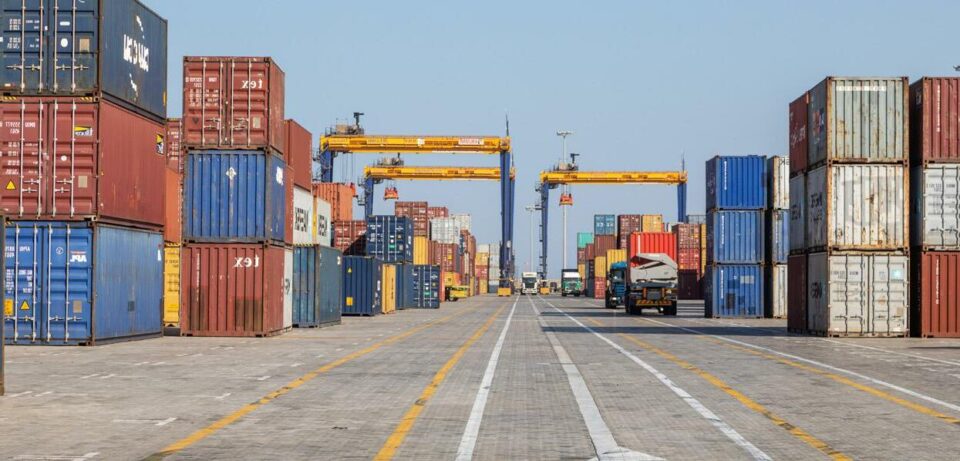Namibia’s logistics sector is facing increasing pressure to improve as trade volumes continue to rise. Efficiency is the most critical factor for successful logistics operations. As Namibia attracts more attention as a trade and transit hub, it must ensure that it can handle the increased volumes while remaining competitive.
Harold Schmidt, the secretary general of the Namibia Logistics Association (NLA), emphasized that there is no room for complacency. “With more cargo expected to move through the country, we must ensure our systems, infrastructure, and regulatory frameworks are designed for speed, reliability, and cost-effectiveness,” he stated.
He stressed the importance of having the logistics chain operate as efficiently as possible and highlighted the need to eliminate cost-inducing processes. “It is not in our—or the region’s—interests to have non-tariff barriers (NTBs) on our corridors. Our goal is to ensure that cargo moves as quickly and efficiently as possible at a competitive price.”
With the increasing focus on enhancing intra-regional trade and recognizing the significant interdependence between countries, Schmidt noted that it is critical to address NTBs urgently. He cited the recent in-transit cargo clearing procedure introduced by Botswana, which no longer allows cargo to be consolidated and moved under a single Received-in-Transit (RIT) entry, as a negative example that can quickly impact trade.
“We are currently facing an issue that has caused significant costs and delays in one corridor. If a three-country bloc cannot resolve this, how can we expect to expand intra-regional trade further north?” Schmidt asked. He warned, “What happens when other countries observe what Botswana is doing, weigh the costs and benefits for their own systems, regardless of the wider impact on trade, and start following suit? It will make trade in our region unaffordable.”
Schmidt expressed that a genuine commitment to intra-African trade requires countries to take decisive steps to identify and eliminate NTBs. “We are also strong advocates for pre-clearance, as this will prevent cargo movement from being interrupted at different borders. Solutions that enable efficient and cost-effective trade are available, but they require countries to collaborate to implement harmonized systems, procedures, policies, and regulations that align with one another.”
Now, more than ever, the logistics sector is under pressure to deliver innovative solutions. “We need to think outside the box to truly seize the many opportunities that currently exist. Namibia has done an excellent job of promoting itself as a viable trade option. However, to turn this potential into reality, we must ensure that the necessary policies are in place and that we implement processes that fulfill that promise.”


